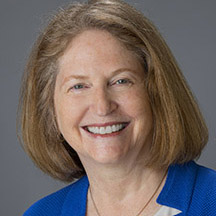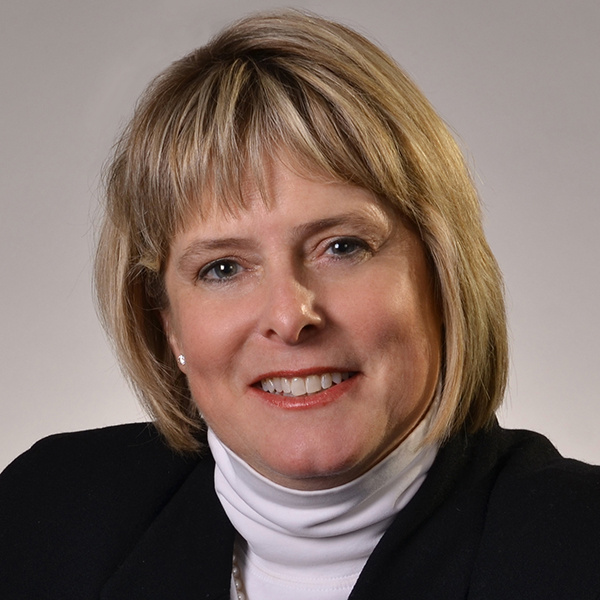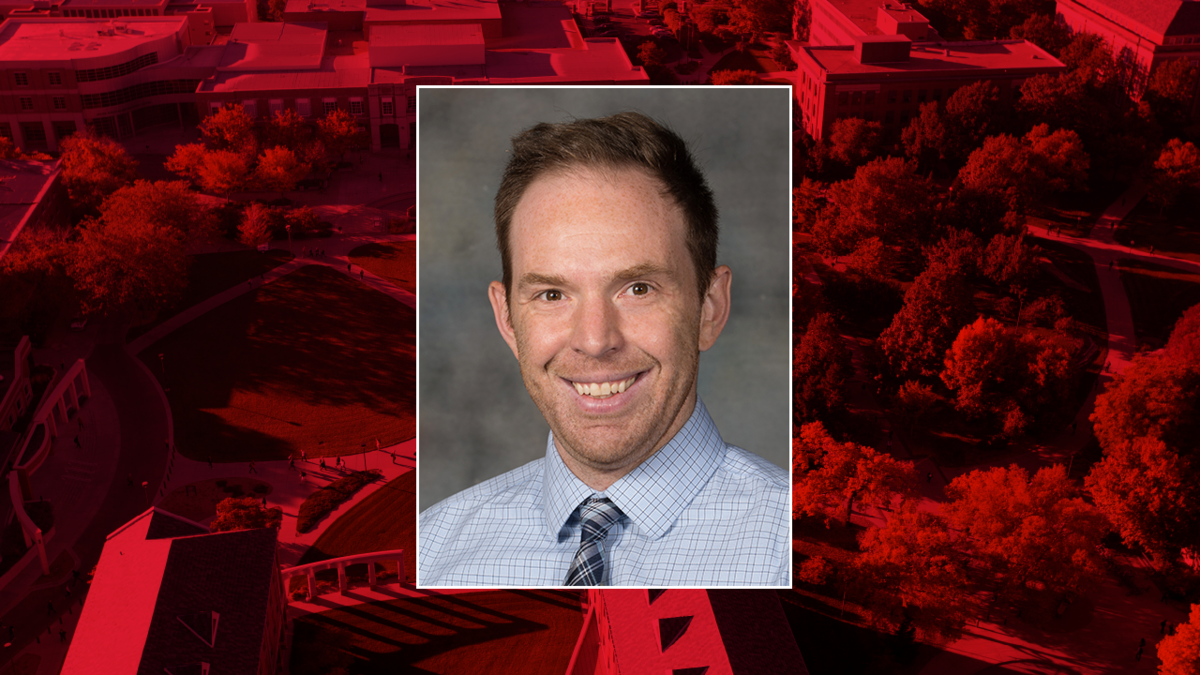
Every morning at Crete Middle School, school psychologist Katie Bevins walks the commons area and chats with students, building relationships with some and checking in on others.
These interactions play a crucial role for Bevins, because like all school psychologists, she will be one of the first called on to help if a student is struggling with mental or behavioral health or facing a crisis.
In Nebraska, more than 47,000 children have been diagnosed with behavioral or mental health conditions, according to the 2020 Kids Count in Nebraska report, and these students often rely on support from school psychologists. Despite their importance, which was magnified by the COVID-19 pandemic, school psychologists are in short supply. In Nebraska, and across the United States, many positions consistently go unfilled, leaving a segment of students underserved.
“Approximately 20 to 22% of children and adolescents have one or more mental health disorders recognized by the American Psychiatric Association,” said Beth Doll, professor of school psychology and director of the Nebraska Internship Consortium in Professional Psychology. “Community providers — hospitals and clinics — are meeting the needs of only about a fourth of those, so the majority of children with mental health needs are receiving services through schools.”
The University of Nebraska–Lincoln’s school psychology program and its Nebraska Internship Consortium in Professional Psychology continually help address the shortage for Nebraska and beyond. Considered one of the best training programs in the United States, the program is accredited by both the American Psychological Association and the National Association of School Psychologists and typically graduates about 10 students each year with either an educational specialist degree or a doctorate.
“The School Psychology program at UNL has made a big impact on mental health service delivery in the state of Nebraska,” said Susan Swearer, Willa Cather Professor and chair of the Department of Educational Psychology. “The program at Nebraska attracts students from across the United States who come here to study and train, and then often stay.”
In addition to the school psychology program, the university in 1985 established the Nebraska Internship Consortium in Professional Psychology. The consortium is comprised of eight institutions in Nebraska with training opportunities in both in-patient and outpatient settings and offers accredited internships each year to about 40 students enrolled in clinical, counseling and school psychology training programs throughout the United States. It is the largest APA-approved internship training program in the country.
The consortium has been instrumental in bringing mental health professionals to the state. In 2018 and 2019, only 9% to 10% of those who interned with the consortium were native to Nebraska, but 19% and 34%, respectively, stayed and became licensed providers in the state following completion of their degree.
“With the numbers of our graduates from the program and from the consortium who stay, we significantly contribute to the workforce development of mental health professionals in Nebraska,” Swearer said.
Faculty and alumni of the school psychology program are also working with state lawmakers to address the shortage. State Sen. Jen Day, of District 49, sponsored LR 213 in 2021, which established an interim study of the mental and behavioral health needs of Nebraska students. The report was submitted to the Legislature in January 2022 by the Nebraska School Psychologists Association, in which faculty and alumni, including Bevins, have leadership positions. The report demonstrated the ongoing — and growing — need for mental health professionals in schools. Day plans on introducing legislation based on the report to address these needs.
Doll and colleague Matthew Gormley, assistant professor of school psychology, also are developing and seeking funding for a new project that would help train school psychologists in rural Nebraska.
“The shortage I’m most concerned about is the shortage in our rural communities, because they do have a harder time getting candidates for those positions,” Doll said. “We’re working on a grant and developing ways to make it possible that they can receive the training in school psychology where they are. We want to identify those folks in our rural districts who would love to be a school psychologist but have not been able to do it without leaving their home or family.”
Share
News Release Contact(s)
Tags
High Resolution Photos

HIGH RESOLUTION PHOTOS

HIGH RESOLUTION PHOTOS








